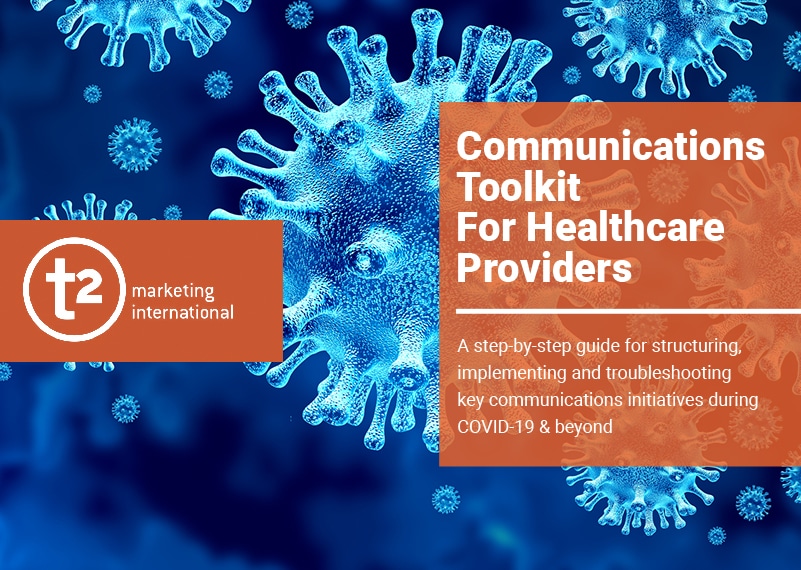5 Blogging Worst Practices to Avoid
Blogging is a popular activity, but there are some worst practices out there that all bloggers need to avoid.
Just as there exist best practices when it comes to different activities on social media, there exist worst practices. Sometimes, knowing about the worst practices can be just as valuable as knowing what you should be doing.
These are five things that bloggers often do, but that should be avoided at all costs. Some make you look deceptive or unprofessional, while others are simply in bad taste. Have a look and make sure you aren’t committing any of these blogging fouls.
Undated Articles
It might seem like it isn’t all that big of a deal, but it is. That goes double for a post that contains stats or any kind of data. Considering how quickly this environment shifts, it is extremely important that posts are dated so that readers know whether or not the information is still useful.
Consider it this way: if you’re writing an article about Facebook, and you don’t know much about the network, you’re going to want to do some research. If you come across a blog that states that Facebook has nearly a billion users, that post is somewhat outdated, and the information you’re reading is wrong. It won’t look too good if you decide to share it. So, for the sake of your readers, let them know when an article was published so they know whether or not it is still relevant.
Misspellings and Grammar
Again, this might not seen like it make much of a difference, but it speaks both to the ease of reading your article and to your level of professionalism. A slight typo here or there won’t cause people to flee from your blog, but if you display a total lack of writing ability, people will be hard pressed to return.

Image Credit: Shutterstock. Used under license.
Take a minute or two to gloss over what you have written and make sure that you have both corrected any spelling errors and implemented proper grammar techniques. It is a greater pet peeve of the online community than most people think.
Attribution
See that little line in italics underneath the photo above? That’s an attribution. Blogger often use images – whether they use them properly or not is not the case, but you should always use them legally – without providing an attribution. Take a second and add in the attribution; not just for legal reasons but for proper etiquette as well.
Attribution not only protects the you legally when it comes to your blog, but it also showcases another degree of professionalism on your blog. It isn’t hard to do, but it will make a difference.
State Your Sources
Up above, the use of statistics and data was referenced. Well, those statistics and data should be referenced as well. Blindly stating a fact or figure in your copy does not look good and takes away from the credibility of your article. Adding a link can make a world of difference.

Image Credit: Shutterstock. Used under license.
Even in cases where you know something to be true, or it is ‘common sense’, you should still find a source and link to it. And make sure it is a credible source. Linking to another unaccredited blog is worthless. Find a scholarly article or an official report and use that as a source. It will, once again, increase the validity of both your statement and the article as a whole.
No Train of Thought Writing
A blog might be a more personal way of communicating with your audience, but there should still be a clear arc that is followed over the course of your article. Yes, your blog might be a little more personable and conversational than a news article or report, but it is still a written publication. Keep that in mind.
Though you might have an urge to veer off on tangents when writing, staying on course will mean two things: greater audience retention (visitors reading the full article) and a more positive and lively conversation around the topic.
Conclusion
Writing a good blog is hard. Maintaining a level of value in everything you publish can be a time-consuming task, and part of that value is staying away from these worst practices. Doing that will help showcase your blog in a more positive light and generate ongoing interest from your audience.
What are some other pet peeves of yours when it comes to blogging? Share them with us in the comments below or on Twitter!






